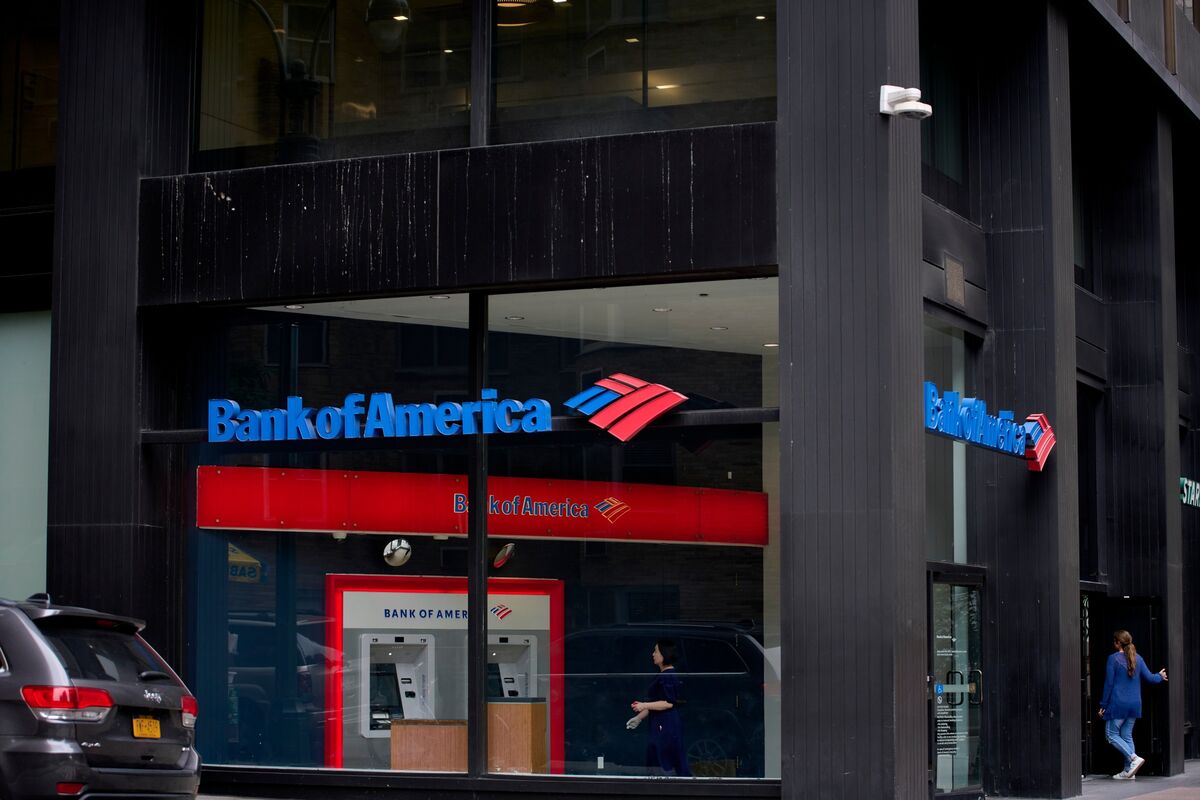Banking
BofA Junior Investment Bankers Face Reassignment if they Take Other Jobs

Wall Street’s Latest Gambit to Keep Junior Talent
What’s Happening?
Bank of America is taking drastic measures to retain its junior investment bankers, demanding they disclose job offers and face redeployment if they accept roles elsewhere. This aggressive move is part of a broader Wall Street effort to combat the exodus of talent to private equity and rival firms.
Where Is It Happening?
This policy is being implemented across Bank of America’s investment banking division, primarily affecting analysts working in major financial hubs like New York, London, and Hong Kong.
When Did It Take Place?
The policy was recently announced, with immediate effect, as senior management aims to address the ongoing talent drain.
How Is It Unfolding?
– Analysts must disclose any job offers from other firms.
– Those who accept offers may be reassigned to different roles within the bank.
– The policy is designed to deter defections to private equity and competing banks.
– Employees who do not comply may face disciplinary action.
– The move is part of a wider industry trend to retain young talent amid fierce competition.
Quick Breakdown
– Bank of America is requiring analysts to report any outside job offers.
– Non-compliance or acceptance of offers may lead to reassignment.
– The policy targets private equity and rival banks as key competitors.
– This is the latest in a series of measures by Wall Street firms to retain talent.
– The move reflects the high demand for skilled junior bankers in the financial sector.
Key Takeaways
Bank of America’s new policy is a clear signal that Wall Street is feeling the pressure to retain its brightest young talent. As private equity firms and other banks aggressively poach junior bankers, traditional lenders are resorting to stricter measures to keep their workforce intact. This move highlights the intense competition for skilled professionals in the financial sector and could set a precedent for other firms to follow. Junior bankers, often burdened with heavy workloads and long hours, may see this as both a protective measure and a restriction on their career mobility.
This policy is a doubling down on control, but it might backfire by pushing talent to seek even more creative ways to leave.
–Sarah Whitmore, Former Head of Talent Acquisition, Goldman Sachs
Final Thought
Bank of America’s bold stance on retention underscores the high stakes in the war for financial talent. While the policy may temporarily slow the exodus, it raises questions about employee autonomy and long-term loyalty. **The financial sector must strike a balance between security and flexibility to truly win the hearts of its workforce.**












